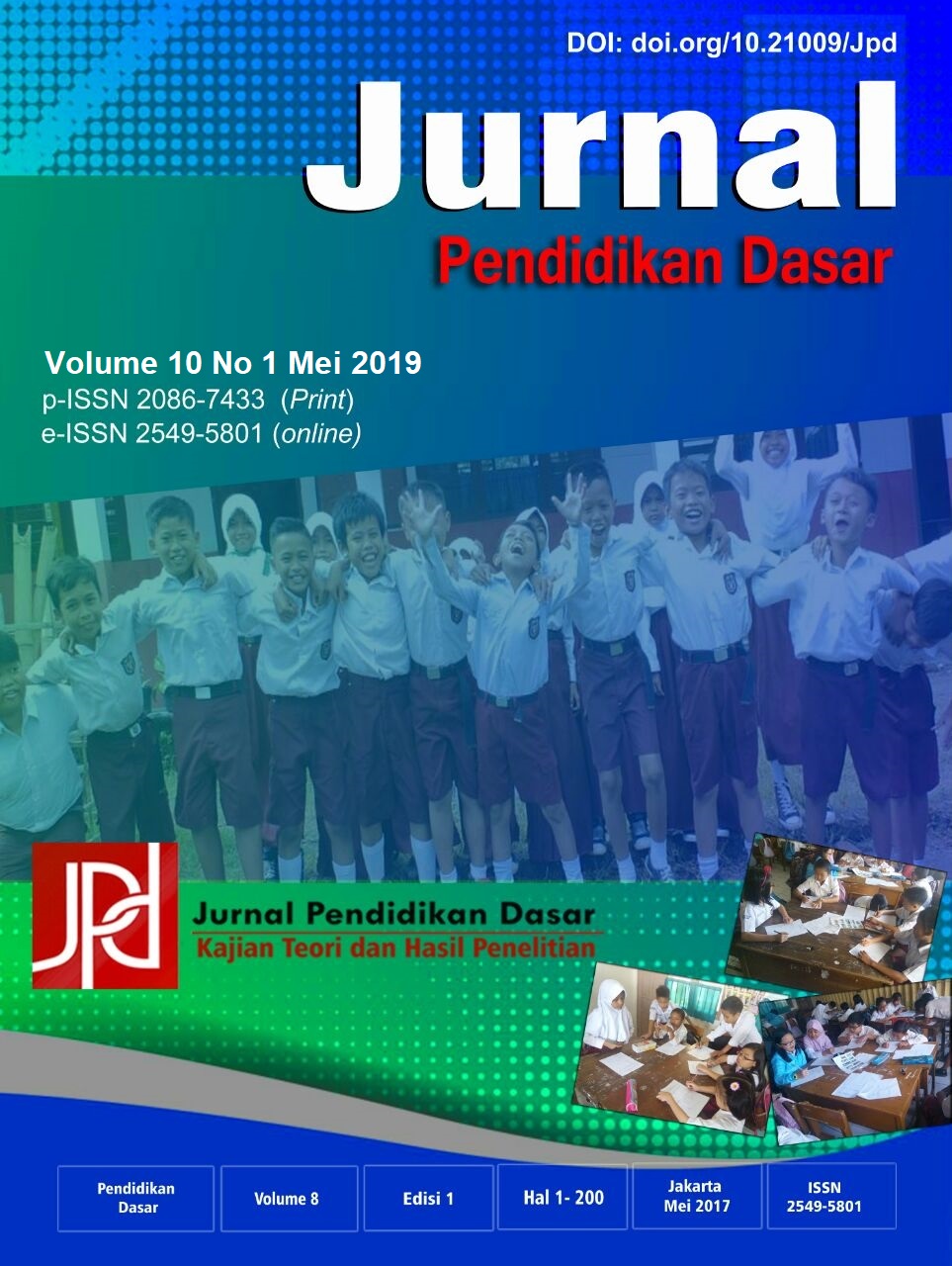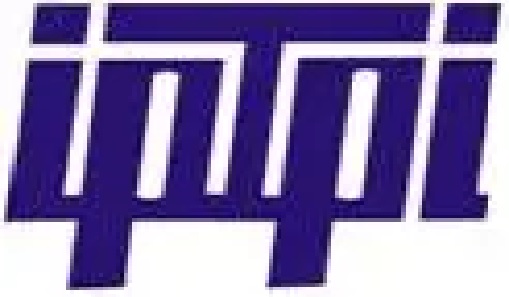MEMBANGUN PENDIDIKAN ANTIKORUPSI DI SEKOLAH DASAR
Abstract
Corruption almost did in all of side government start from underling to elite. It is did massively by scandalist used various manner and type wich very complex without see the status. Therefore, need the effort for extirpate it, especially for elementary school students did prevently. It is effort can did with build anticorruption education in elementary school. This is have purpose for give knowledge, kind, and the manner prevent various corruption form. Anticorruption education is the effort to do awarely for teach anticorruption education. Not only the teacher have obligation for teach it, but also headmaster as a leader in elementary school have important role to build anticorruption education. Curriculum of anticorruption education emphasized on all of lessons such as social studies, natural science, and language. Whereas for give various fasilities the style of student study (visual, auditory, and cinestetic), then teacher could use various models instruction so the activities learning not monotonous and students not bored quickly. The assessment could used on anticorruption education is authentic assessment.
References
Andersson, I-M., Gunnarsson, K., and Rosen, G. (2015). Role of headmasters, teachers, and supervisors in knowledge transfer about occupational health and safety to pupils in vocational education. Elsevier, 6, 317-323.
Arend, R. 2012. Learning to teach nineth edition. New York: McGrow Hill.
Azfar, O., Lee, Y., and Swamy, A. (2001). The cause and consequences of corruption. The annals of the American academy of political and social science, 573, 42-56.
Becker, K., Hauser, C., and Kronthaler, F. (2013). Fostering management education to deter corruption: what do students know about corruption and its legal consequences?. Crime law soc change, 60, 227-240.
Centner, A, J. (2008). Implementing international anti-corruption standards to improve Afganistan’s education system. Case western reserve journal of international law, 44, 847-874.
Chitty, C. 2002. Understanding school and schooling. New York: Tailor and Francis Group.
Evrensel, A. (2010). Institutional and economic determinants of corruption: a cross-section analysis. Applied economics letters, 17, 551-554.
Ghadimi, S., Seraj, B., Keshavarz, H., Shamshiri, Ahmad R., Abiri, R. (2014). The effect of using an educational poster on elementaryschool health teachers' knowledge of emergency management of traumatic dental injuries. Journal of dentistry, 11(6), pp.620-628.
Jha, A.S. (2011). Teacher empowerment and institutional effectiveness in teacher education. I-manager’s Journalon School Educational Technology, 6 (3), 49-55.
Kirkwood, J.J., and Kendrick, M.L. (1999). Authentically assessing an assembly line. The Technology Teacher, 58 (6), 8.
Kong, S, C., and Li, K, M. (2009). Collaboration betweenSchool and Parents to Foster Information Literacy: Learning in the Information Society. Computers & Education, 52(2), 275-282.
Manion, M. (2004). Lessons for mainland China from anti-corruption reform in Hong Kong. The China review, 4 (2), 81-97.
Peercy. C., and Svenson, N. 2016. The role of higher education in equitable human development. Springer Science+Business Media Dordrecht and UNESCO institute for Lifelong Learning, 62, 139-160.
Sheldon, S., and Epstein, J. (2002). Improving student behavior and school discipline with family and community involvement. Education and Urban Society, 35(1), 4-26.
Tanaka, S. (2001). Corruption in education sector: a suggestion for antisipatory strategy. International journal of educational management, 15 (4), 158-166.
Vaknin, S. (2009). Financial crime and corruption 3rd edition. Lidija Rangelovska: Sam vaknin’s United Press International (UPI).
Hearn, J., Feuer, D., Higginson, I, J., and Sheldon, T. (1999). Systematic review. Journal Palliative Medicine, 13, pp. 75-80.

This work is licensed under a Creative Commons Attribution 4.0 International License.
Jurnal Pendidikan Dasar






2.jpg)





